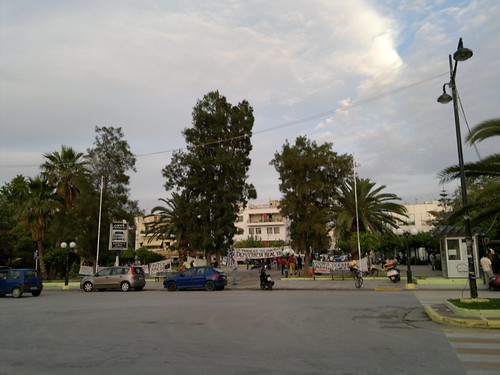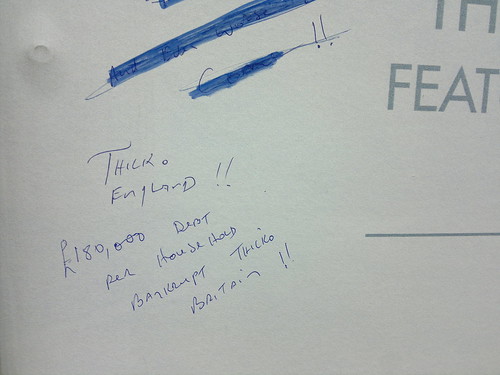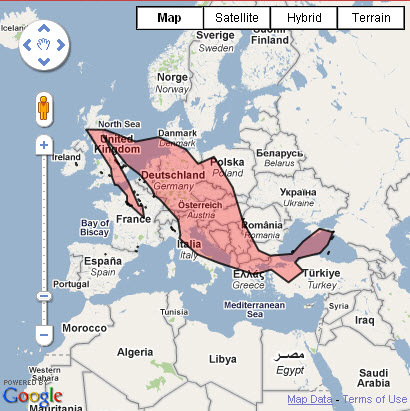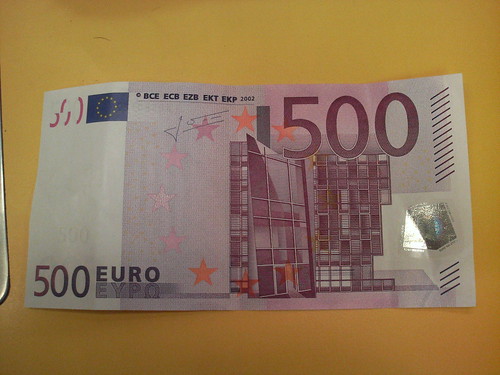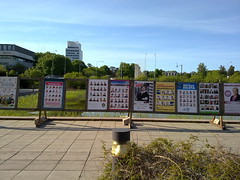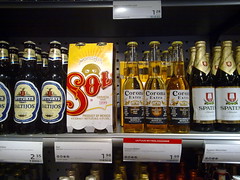One of the topics I was discussing with friends is how while in the New World being American, Canadian or even Mexican is more than anything else an ideal that can be aspired to and achieved, being Finnish, German or Italian requires you to be born into it.
If this is true, then for the sake of argument we could assume that the current debate about the need for immigrants to adapt and blend into society (what I sometimes jokingly call soppauttaminen, a play on the Finnish words for soup and adapt) is asking for the impossible, simply because the only way for them to be regarded as to be fully part of society is to be born there, which at least their first generation cannot do. Further down the road it might happen, but is not automatic.
One could argue that this is exactly what happened to Turks in Germany, where until the change of the citizenship laws this decade, the children and grandchildren of immigrants were not allowed to become citizens of the country where they were born. It is documented that even today they live in very tightly knit communities with little contact with the outside world.
In France, on the other hand you have the values of liberty, equality and fraternity that are cherished by all and ensure that everybody who adapts the French language and values will be deemed as French at least in theory, but in practice it might be a little bit more complicated, as the situation in the banlieues shows.
Trying to apply this to my experiences, I have been trying to understand if there is an idea of Finnishness that I can make my own, that would also be accepted by society and followed through. If the perunasuomalaiset and other Finnish politicians really want to take the situation of immigration head on, they should ask that question. A person who has no investment in and no part in society will not be interested in his development within it.
 1491: The Americas Before Columbus by Charles C. Mann
1491: The Americas Before Columbus by Charles C. Mann